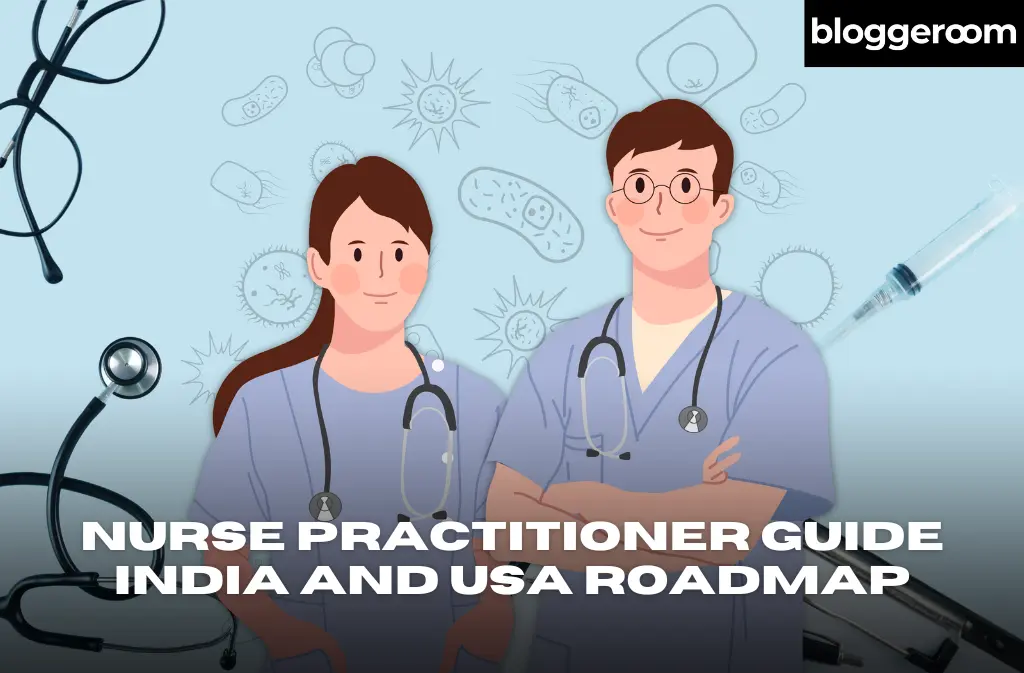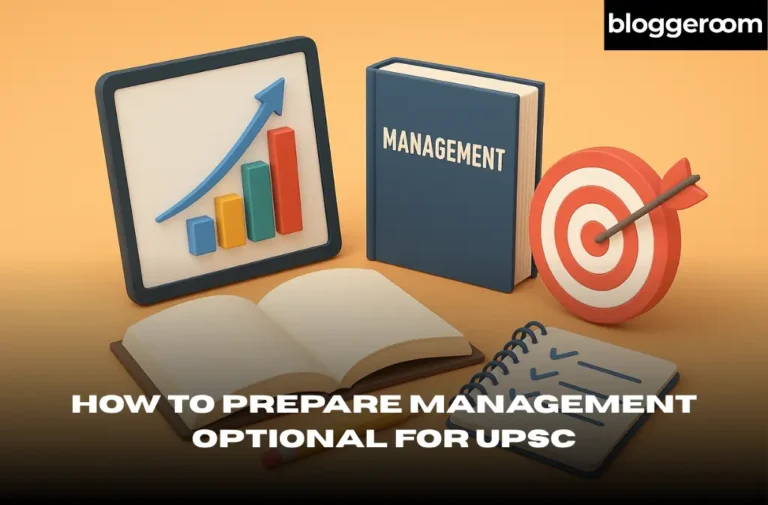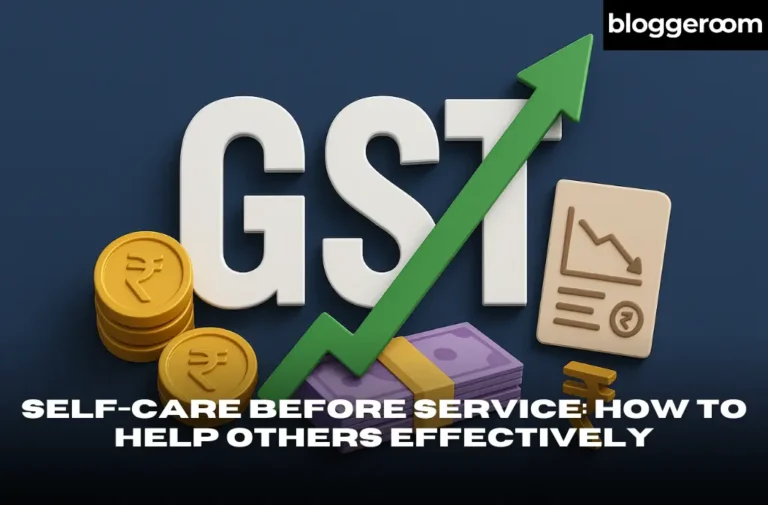Nurse Practitioner Guide: India and USA Roadmap
As healthcare access continues to pose challenges worldwide, Nurse Practitioners (NPs) are stepping up as key providers in both India and the U.S. From serving rural communities in India to easing primary care shortages in America, NPs are reshaping healthcare with their diverse expertise and patient-focused care.
Roadmap to Becoming a Nurse Practitioner
India: Begin with a BSc Nursing (4 years) from institutions like AIIMS or CMC Vellore, then pass the Indian Nursing Council (INC) exam to become a Registered Nurse (RN). Gain 1-2 years of clinical experience in hospitals or community health centers. Pursue a two-year Master of Science in Nursing or a Nurse Practitioner in Critical Care (NPCC) program, with a focus on advanced specialties such as critical care. Register with the State Nursing Council and pass INC-approved exams for licensure.
USA: Earn a Bachelor of Science in Nursing (BSN) (4 years) and pass the NCLEX-RN to become an RN. Accumulate 1-2 years of clinical experience. Pursue a Master of Science in Nursing (MSN) or Doctor of Nursing Practice (DNP) (2-4 years) in specialties like family or psychiatric care. Obtain national certification from the ANCC or AANP and secure state licensure, which varies by state.
Essential Skills for Nurse Practitioners
NPs require clinical expertise to diagnose, treat, and manage patient care. Critical thinking ensures effective decisions in high pressure settings like ICUs (India) or emergency rooms (USA). Communication fosters trust and teamwork with diverse patients and professionals. Cultural competence addresses India’s diverse population and the USA’s multicultural society. Digital health proficiency, including telehealth, is vital as healthcare evolves. Leadership and time management support NPs’ semi-autonomous roles.
Certifications Needed
India: The Nurse Practitioner in Critical Care (NPCC), offered by INC-accredited institutions, focuses on intensive care. Emerging specializations include family and psychiatric care, requiring MSc Nursing and INC exams. Renewing state registration typically requires completing ongoing professional education.
USA: In the U.S., Nurse Practitioners can gain certification through the ANCC or AANP in specialties like Family (FNP-BC), Pediatrics (PNP), Psychiatric-Mental Health (PMHNP-BC), and Adult-Gerontology (AGNP), each aligned with specific patient care needs. These require specialty exams and periodic renewal.
Future of Nurse Practitioners
India: NPs are integral to Ayushman Bharat, addressing doctor shortages in rural areas. The INC reports over 1,000 NPs trained by 2023, with demand rising due to a 30% increase in non-communicable diseases (NCDs) from 1990-2016. Telehealth adoption is growing, with 20% of healthcare consultations projected to be virtual by 2027, enhancing NP roles. Challenges include limited training programs and regulatory barriers.
USA: The U.S. Bureau of Labor Statistics projects a 46% NP job growth from 2023 to 2033, adding 135,500 jobs, driven by an aging population and physician shortages (37,800-124,000 by 2034). In 2023, over 385,000 NPs handled nearly a billion patient visits, highlighting their vital role in U.S. healthcare. Full practice authority in 27 states enhances NP autonomy, though specialty shifts (only 30% in primary care) pose challenges.
Authentic Resources
India: Key contributors to nursing advancement include the Indian Nursing Council (INC), Ministry of Health and Family Welfare, AIIMS Nursing programs, the National Health Mission, and research platforms like PubMed India.
USA: Leading organizations supporting Nurse Practitioners include the American Association of Nurse Practitioners (AANP), American Nurses Association (ANA), National Council of State Boards of Nursing (NCSBN), along with resources from the U.S. Bureau of Labor Statistics and PubMed.
Conclusion
Becoming an NP in India or the USA offers a dynamic career path with significant impact. With robust education, critical skills, and certifications, NPs are poised to meet rising healthcare demands. Authentic resources and ongoing training ensure success in these evolving healthcare systems.
Your opinion matters to us—drop your thoughts in the comments or share a review on Trustpilot to let us know how we’re doing!







